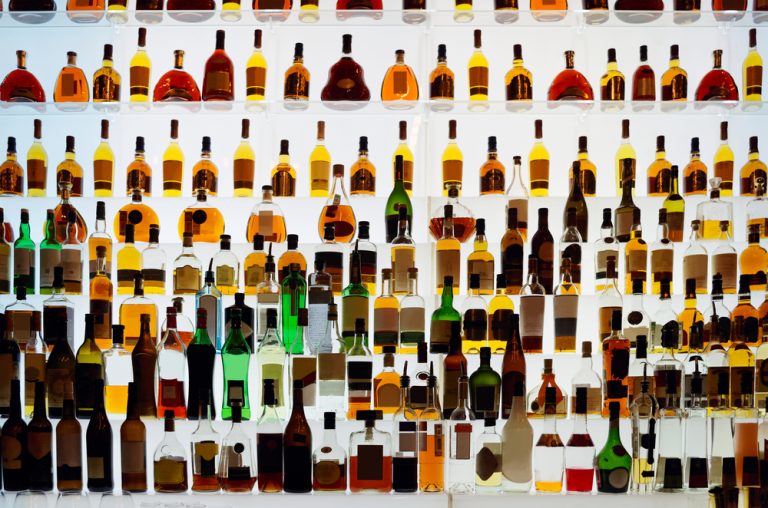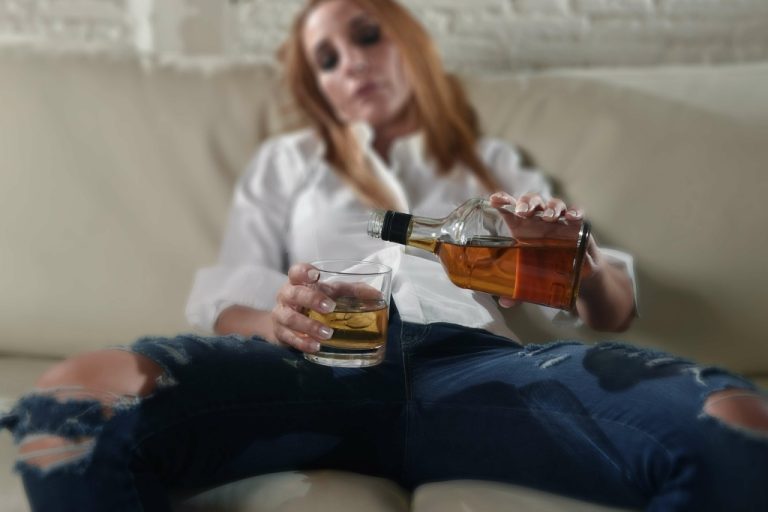The MRI scans showed that intoxicated players showed a significant dip in brain activity in their prefrontal cortices, compared with sober players, when making an aggressive response. Specifically, the booze drinkers showed lower activity in regions known as the dorsomedial and dorsolateral prefrontal cortices, which are related to working memory and inhibition. After downing their drinks, the participants entered the MRI scanner to play a few dozen rounds of the aggression game, which was described to them as a competitive reaction-time task. And no matter what “type of drunk” you are, if you find yourself drinking frequently and struggling to control your consumption, it may be a sign that it’s time to cut back. Do you know someone who always seems to black out after drinking? People who consume a lot of alcohol in a short period of time (AKA binge drinking) can sometimes experience memory loss, remembering little to nothing of the night before.
Why Does Alcohol Irritate Me?

Everyone breaks down booze differently due to variations in enzymes called ADH and ALDH2. These genetic differences can influence how much someone is affected by alcohol – including whether they’re more likely to become aggressive after drinking. You’ll find that an angry drunk often becomes Drug rehabilitation confrontational and argumentative. They’re more likely to make aggressive gestures or comments, sometimes even leading to physical fights.

The Happy Drunk
When this narrowed focus targets a memory or experience that angers you, it can intensify your negative emotions. The Reframe app equips you with the knowledge and skills you need to not only survive drinking less, but to thrive while doing so. Our daily research-backed readings teach you the neuroscience of alcohol, and our in-app Toolkit provides the resources and activities you need to navigate each challenge. Research has shown that thought suppression may contribute to alcohol-related aggression. One study supporting this finding enlisted 245 men with a history of heavy episodic alcohol use (Berke et al., 2020).
Private outpatient treatment
That’s why we strive to make our programs accessible, affordable, and highly effective. They were also required to respond to the Consideration of Future Consequence Scale (CFC). It was found that those scoring lower became significantly more aggressive than those who had higher ratings on the CFC. The findings were explained by emphasizing that concern for the future involves greater prefrontal cortex resources that help inhibit the excessive impact of alcohol. Many people enjoy alcoholic drinks as a way of relaxing, sometimes to reduce the tension of socializing or to quiet an overactive mind.
Lifestyle Quizzes
The results were impressive and in line with what Bushman predicted. Participants who were classified as short-sighted, were more likely to aggressively retaliate, especially when they were drunk. Intoxicated participants who were classified as more present-focused shocked their opponents longer and more intensely than any other participants in the study. The study also showed that alcohol consumption did not have much impact on the aggressiveness of future-focused people.
- The first thing to go is our inhibitions, which the booze-free cortex would typically keep in check.
- This imbalance can lead to mood swings and heightened emotional responses.
- While it may seem like anger is the most common emotion caused by alcohol, it may not be that straightforward.
The Link Between Alcohol and Aggression
This means the self-centered, impulsive, and yes, often angry and violent nature of an ill-tempered drunk will come out in force, even when they haven’t touched a drink. This is similar in nature to a sort of withdrawal symptom of alcoholism, as it is a total rejection of a sober lifestyle. Because beating alcoholism – or any addiction, for that matter – isn’t just about removing yourself from the substance that got you addicted. It’s about changing your attitudes and your entire lifestyle around the idea of sobriety. If your attitudes haven’t changed and you’re just trying to brute force your way out of alcoholism, you’re going to end up in emotional turmoil trying to deal with the rollercoaster of mental issues. At Boardwalk Recovery Center, we recognize the unique and complex nature of alcohol addiction and its effects on behavior, including aggression and impulsivity.
By understanding how alcohol abuse influences your mood, you can learn to make positive choices instead of ones you may regret. Anger management techniques can also be why do some people get angry when they drink valuable tools for those prone to aggressive behavior when drinking. These techniques might include deep breathing exercises, mindfulness practices, or learning to take a “time out” when emotions start to escalate. The goal is to develop strategies that can be employed even when under the influence of alcohol.